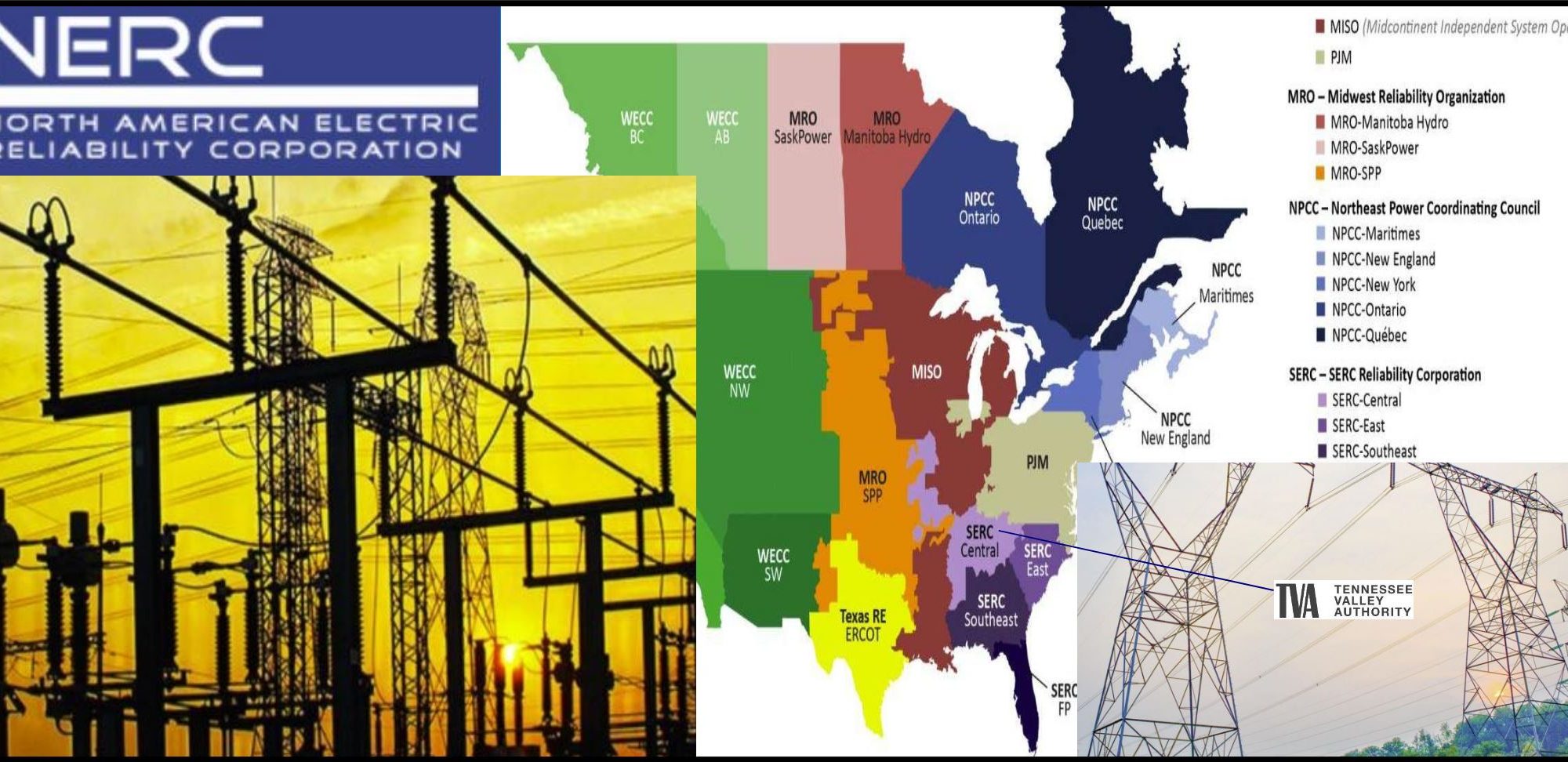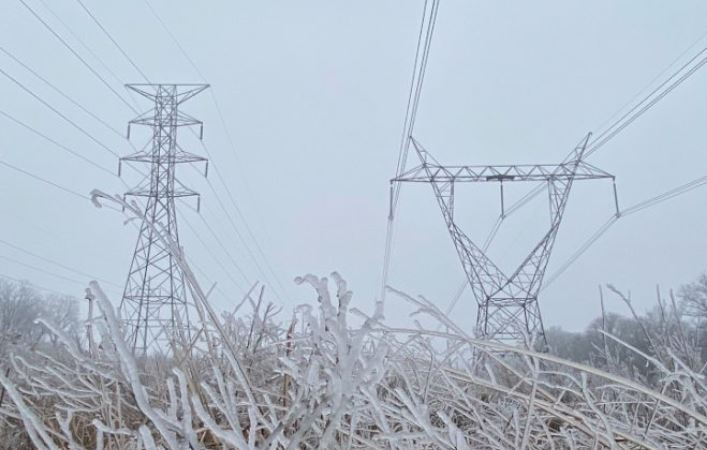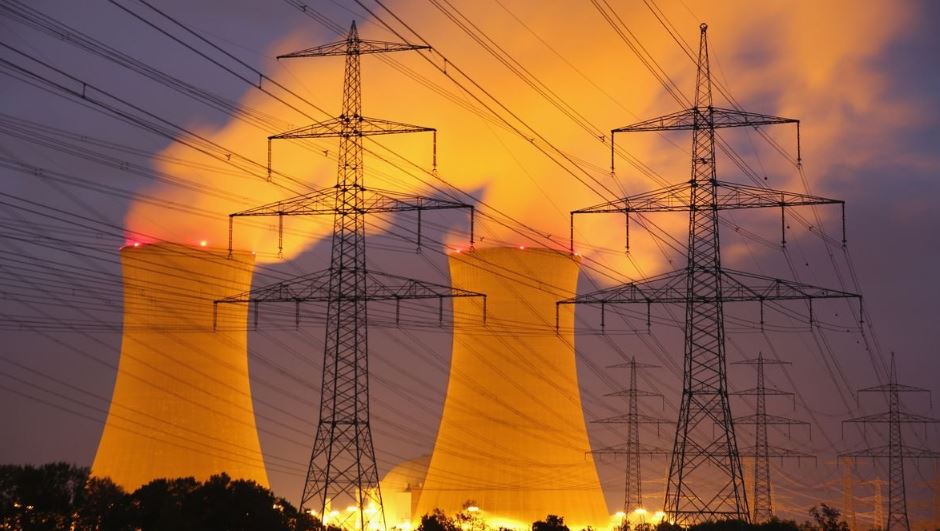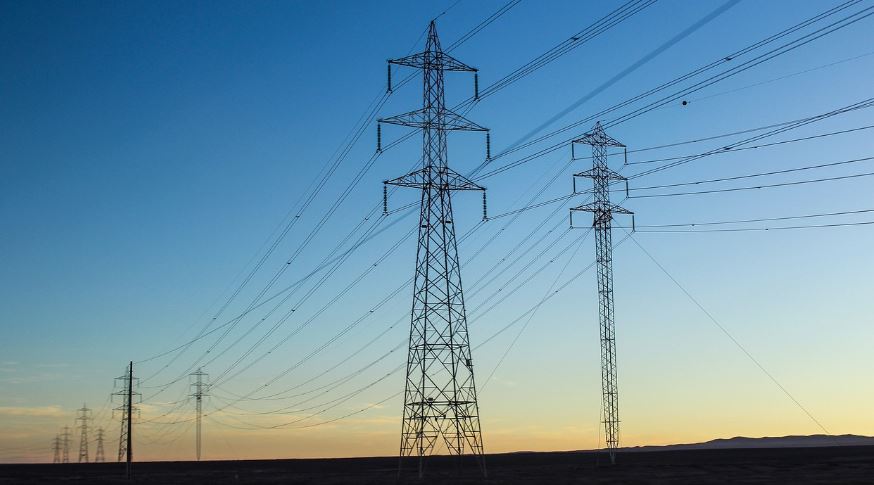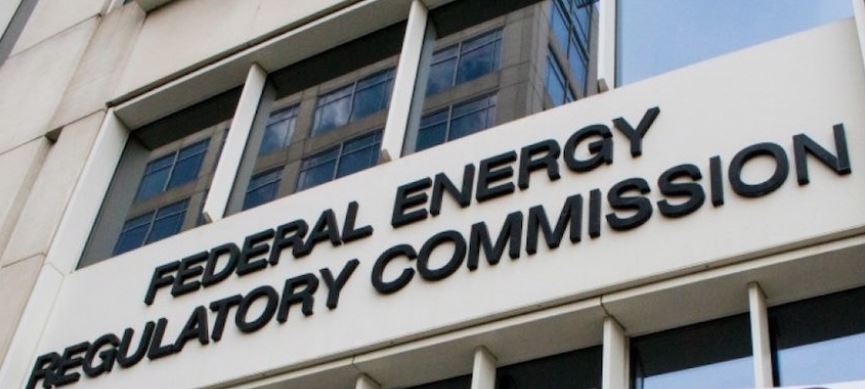With the rising temperatures across most of the US and many cities experiencing over 100 degrees Fahrenheit, stresses the overall electric power grid. Power utilities are experiencing summer peaks in larger electric load demand by keeping up with consumers’ air conditioning units running around the clock.
The Tennessee Valley Authority (TVA), one of the nation’s largest utilities, provides electricity across a 7-state region (80,000 square miles) in the Southeast for over 10 million users. TVA has a total generation capacity of 32 gigawatts (GW) with the option to purchase and wheel additional GWs to customers from neighboring utilities. In the past, TVA has experienced winter peak load demands that created system disturbances that resulted in temporary and very short rolling blackouts in some cities/areas to maintain power grid reliability. Temporary load shedding outages were necessary for balancing the system generation capacity with the excessive peak load demand by ultimately protecting the integrity of its entire electric network. Continue Reading…
Moving forward, TVA has spent millions in power grid improvements and efficiency upgrades to support increases in future peak load demand. TVA’s integrated resource plan (IRP) will focus on continued grid improvements with plans to add up to 10 GWs of solar renewable power generation by 2035. Continue Reading…
The North American Electric Reliability Corporation (NERC) released its “2024 Summer Reliability Assessment, “ May 2024, detailing and “identifying areas of concern” for the nations North American power grid during extreme summer conditions. NERC named power regions/entities that may experience power generation capacity shortages during summer peak load demands. Continue Reading…

